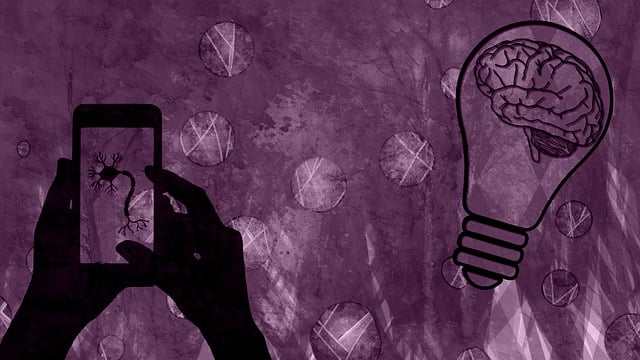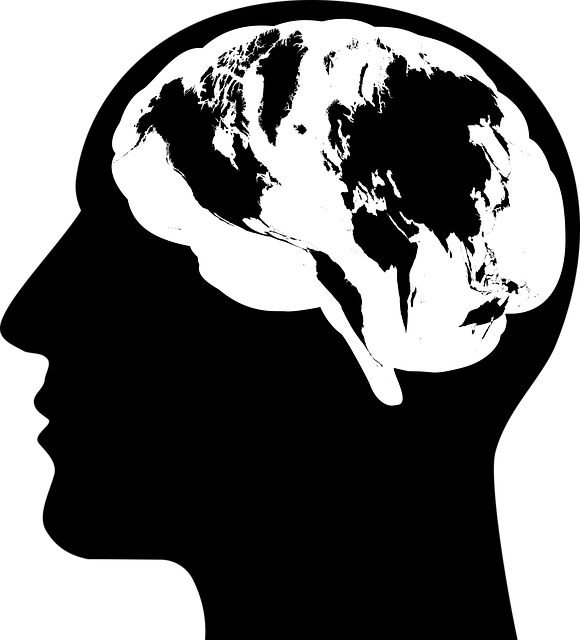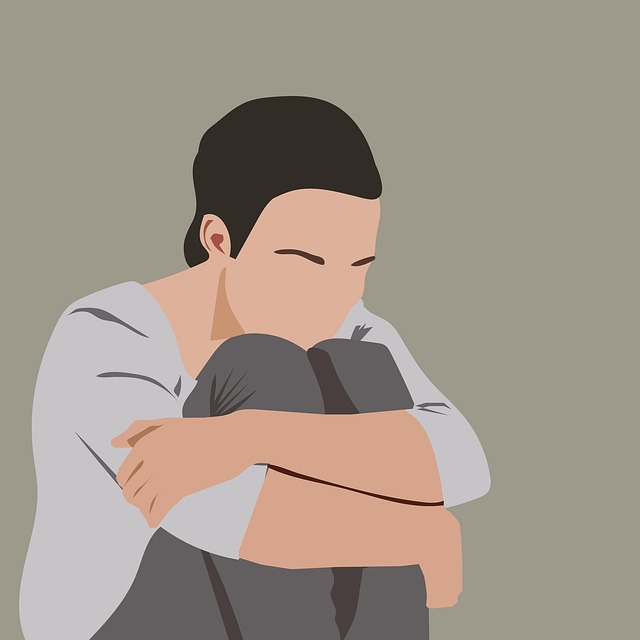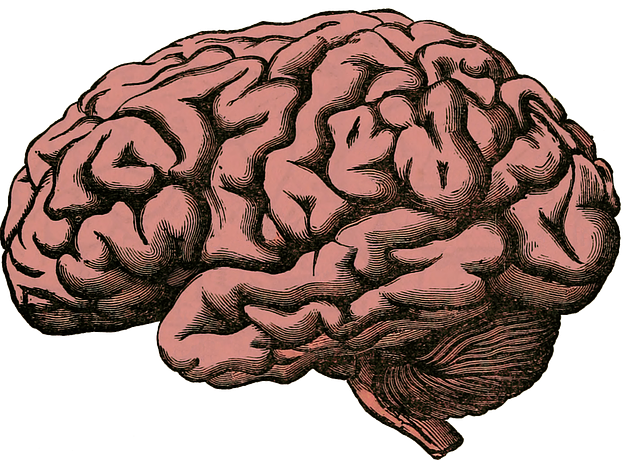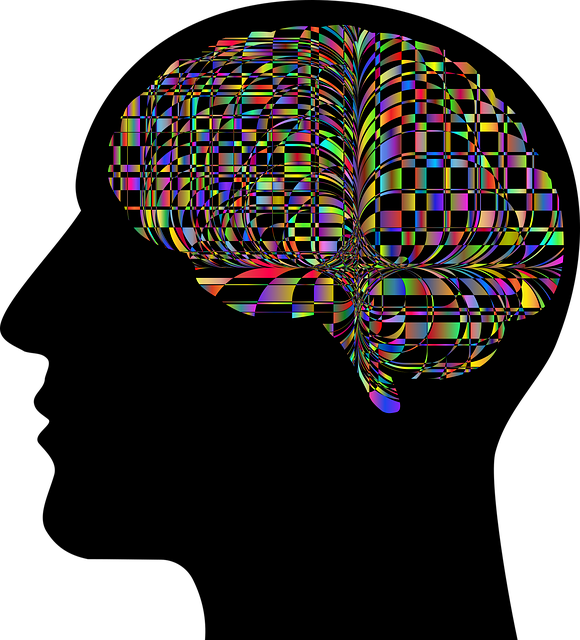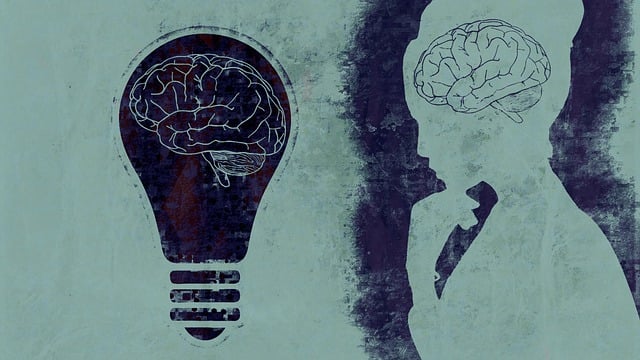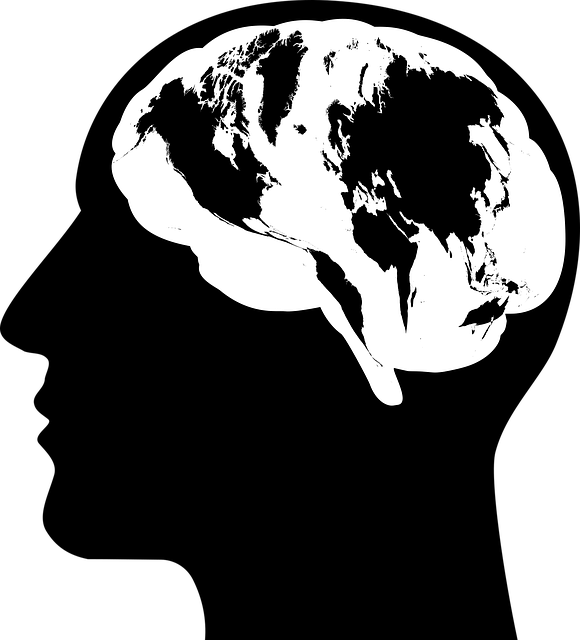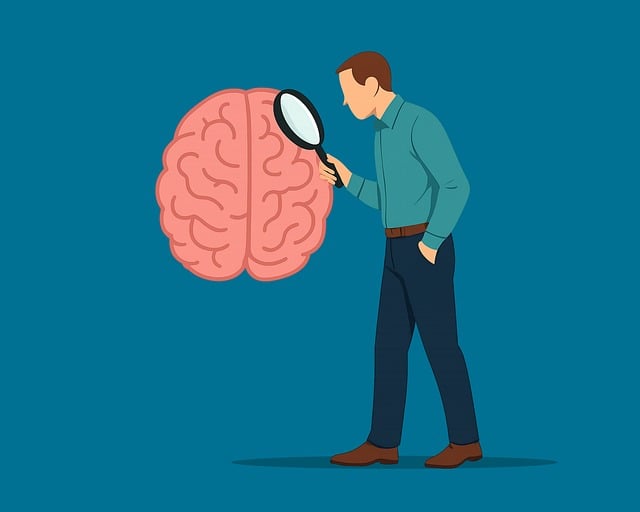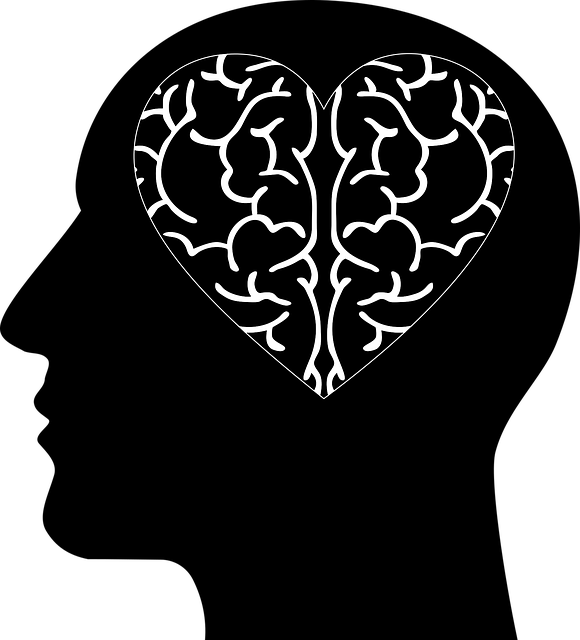Cultural sensitivity and tailored approaches are essential in mental healthcare, especially for elders and LGBTQ+ individuals. Providing culturally responsive therapy, including gender-affirming care, improves access, engagement, and outcomes. By addressing ageism, bias, and unique challenges, therapists can offer personalized support for elders' mental well-being, reduce stigma, and foster safe spaces for sharing stories. These practices enhance therapeutic relationships, prevent provider burnout, and revolutionize care for diverse populations.
In the diverse landscape of mental healthcare, cultural sensitivity is the cornerstone of effective treatment. This article explores critical aspects of culturally responsive practice, focusing on therapy for elders and gender-affirming care for LGBTQ+ individuals. We delve into unique challenges faced by these populations, including stereotypes and biases within clinical settings. By understanding these nuances, mental health professionals can provide more inclusive services, ensuring equitable access to care and fostering meaningful transformations in patients’ lives.
- Understanding Cultural Sensitivity: The Cornerstone of Effective Mental Healthcare
- Therapy for Elders: Addressing Unique Challenges and Barriers
- Gender-Affirming Care: A Transformative Approach for LGBTQ+ Individuals
- Overcoming Stereotypes and Biases in Clinical Practice
- Strategies for Culturally Responsive Mental Healthcare Services
Understanding Cultural Sensitivity: The Cornerstone of Effective Mental Healthcare

Understanding Cultural sensitivity is paramount in mental healthcare, serving as the cornerstone for effective and compassionate treatment. It involves recognizing and respecting the diverse cultural backgrounds, beliefs, and values of individuals seeking support. In a world where one-size-fits-all approaches can be detrimental, culturally sensitive practices ensure that therapy remains relevant and accessible to all. This is especially crucial when catering to specific populations like elders or those in need of gender-affirming care.
By integrating cultural sensitivity, healthcare providers can prevent burnout, a significant issue within the profession. Recognizing the impact of cultural factors on mental health promotes more personalized treatment plans, enhances patient engagement, and fosters stronger therapeutic alliances. Moreover, implementing stress management workshops and organization-wide initiatives focused on burnout prevention can create a supportive environment, ensuring professionals are equipped to navigate the complexities of diverse cultural needs in therapy.
Therapy for Elders: Addressing Unique Challenges and Barriers

Providing mental healthcare to elders requires a nuanced approach that accounts for the unique challenges they face. Many older adults have experienced significant life changes, such as loss of loved ones, retirement, or moves to new environments. These transitions can contribute to feelings of loneliness, depression, and anxiety. Therapists must be culturally sensitive to these experiences, creating safe spaces where elders feel comfortable sharing their stories.
Gender-affirming care is another critical aspect when working with this demographic. Recognizing and respecting an individual’s gender identity can significantly impact treatment outcomes. Therapists should offer support tailored to each elder’s needs, incorporating techniques for conflict resolution and resilience building. This personalized approach not only addresses immediate mental health concerns but also fosters a sense of well-being and empowerment, aiding in depression prevention.
Gender-Affirming Care: A Transformative Approach for LGBTQ+ Individuals

In the realm of mental healthcare, adopting a transformative approach like gender-affirming care is crucial for fostering inclusive and effective support for LGBTQ+ individuals. This therapeutic model goes beyond traditional practices by recognizing and validating an individual’s self-identified gender, offering a safe space for emotional healing processes. By providing therapy tailored to each person’s unique needs, mental health professionals can significantly contribute to reducing the stigma associated with mental illness among this community.
Gender-affirming care is particularly vital for elders within the LGBTQ+ population who may face additional challenges due to ageism and heteronormative biases in healthcare. This approach ensures that they receive compassionate support tailored to their experiences, enhancing their overall well-being. Moreover, it encourages open dialogue about gender identity, facilitating risk management planning for mental health professionals who can then offer evidence-based interventions while navigating these sensitive issues effectively.
Overcoming Stereotypes and Biases in Clinical Practice

Overcoming stereotypes and biases is a critical aspect of providing culturally sensitive mental healthcare. Professionals must be vigilant in recognizing their own preconceived notions about diverse populations, especially when working with older adults from varied cultural backgrounds. For instance, ageism and gender stereotypes can significantly impact therapy sessions. Many elders, regardless of gender, face unique challenges that require tailored approaches. Gender-affirming care is essential for transgender and non-binary individuals, ensuring their mental health needs are met without judgment or bias.
Effective communication strategies play a pivotal role in breaking down these barriers. Healthcare providers should foster an environment of active listening, cultural curiosity, and empathy. By incorporating the patient’s cultural references and perspectives into therapy sessions, mental health professionals can offer more personalized care. This approach not only enhances the client’s sense of belonging but also facilitates better engagement, leading to improved anxiety relief and inner strength development.
Strategies for Culturally Responsive Mental Healthcare Services

In providing culturally responsive mental healthcare services, therapists must embrace strategies that honor and understand diverse cultural backgrounds. One effective approach is tailoring therapy sessions to meet specific needs, such as offering social skills training adapted for elders from various ethnic groups, considering their unique communication styles and community norms. By incorporating mindfulness meditation practices known to be beneficial across cultures, therapists can create inclusive environments that foster open dialogue and healing.
Additionally, addressing mental illness stigma reduction efforts within a cultural context is vital. This involves educating both clients and their families about mental health conditions from their perspective, dismantling harmful stereotypes, and promoting understanding. For example, providing gender-affirming care for LGBTQ+ individuals requires therapists to be knowledgeable about gender identity issues specific to different cultures, ensuring respect and safety in the therapeutic process.
Cultural sensitivity is not just a desirable trait but an essential component of effective mental healthcare. As our society becomes increasingly diverse, it’s crucial that therapists and healthcare providers offer services tailored to each individual’s unique cultural background. By implementing strategies such as understanding cultural nuances, addressing stereotypes, and adopting inclusive practices like gender-affirming care, we can create a more accessible and supportive environment for all. Specifically, therapy for elders and gender-affirming care have proven to be transformative approaches that address specific challenges faced by these communities. Ultimately, culturally responsive mental healthcare services not only enhance therapeutic outcomes but also foster a deeper sense of trust and understanding among patients and providers.
